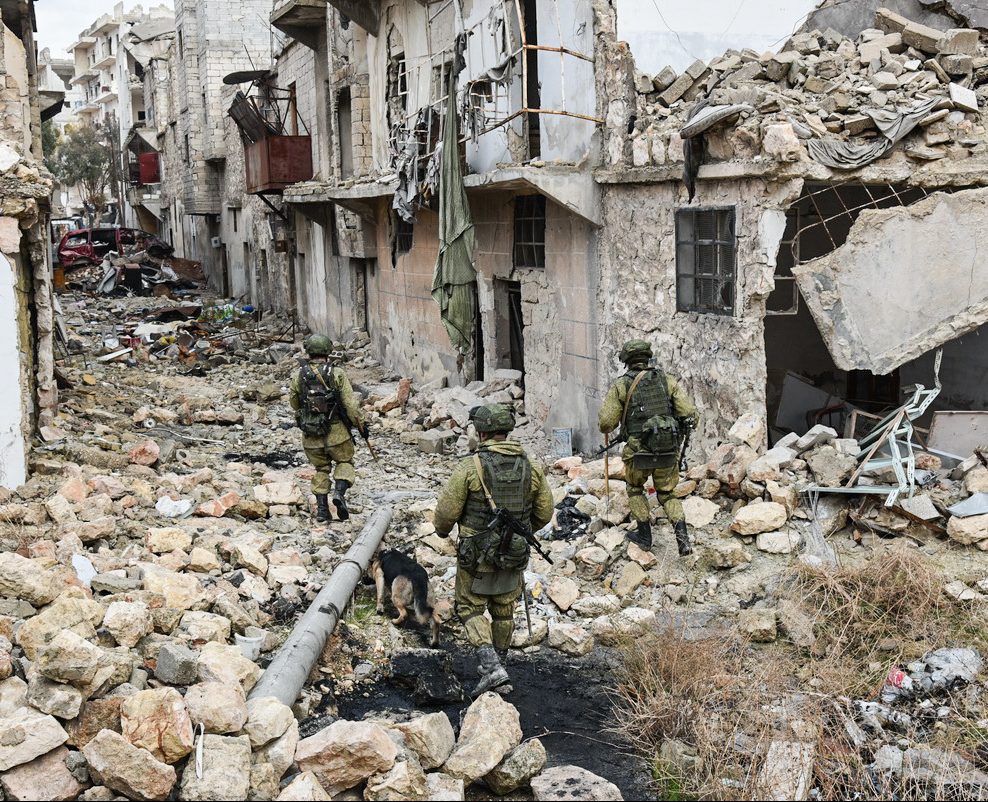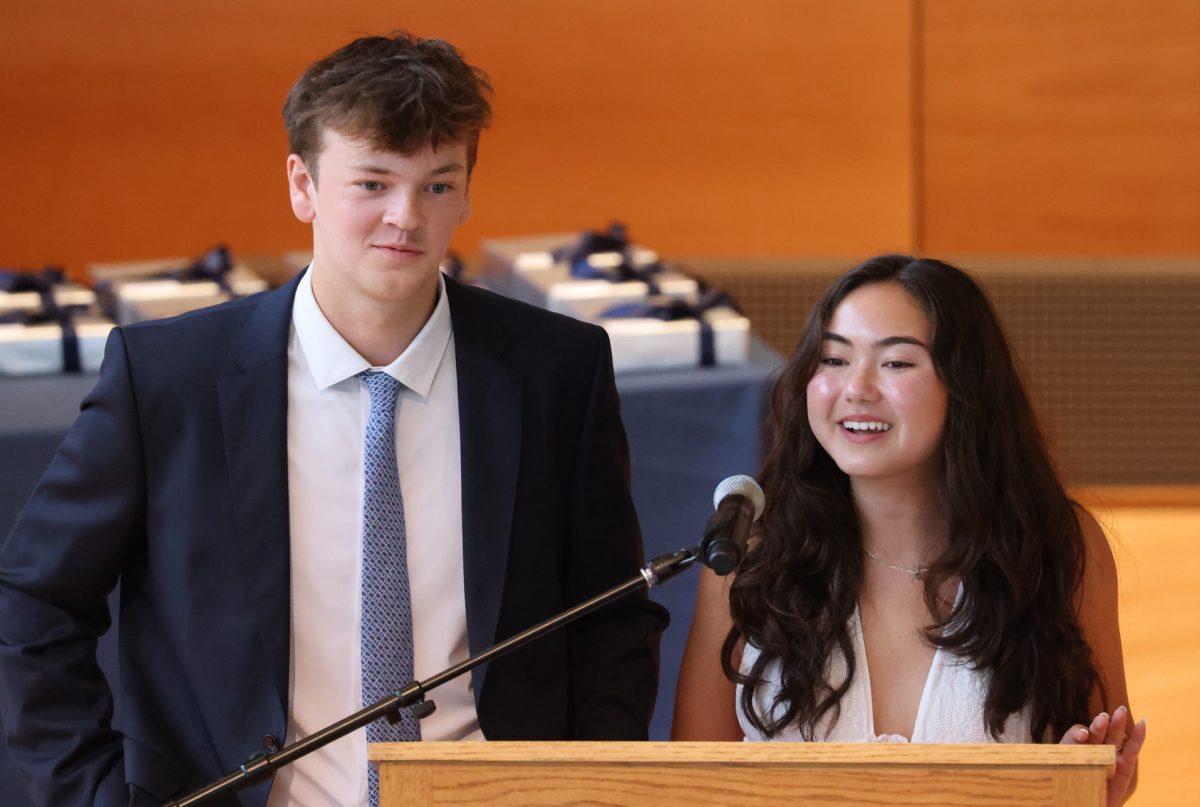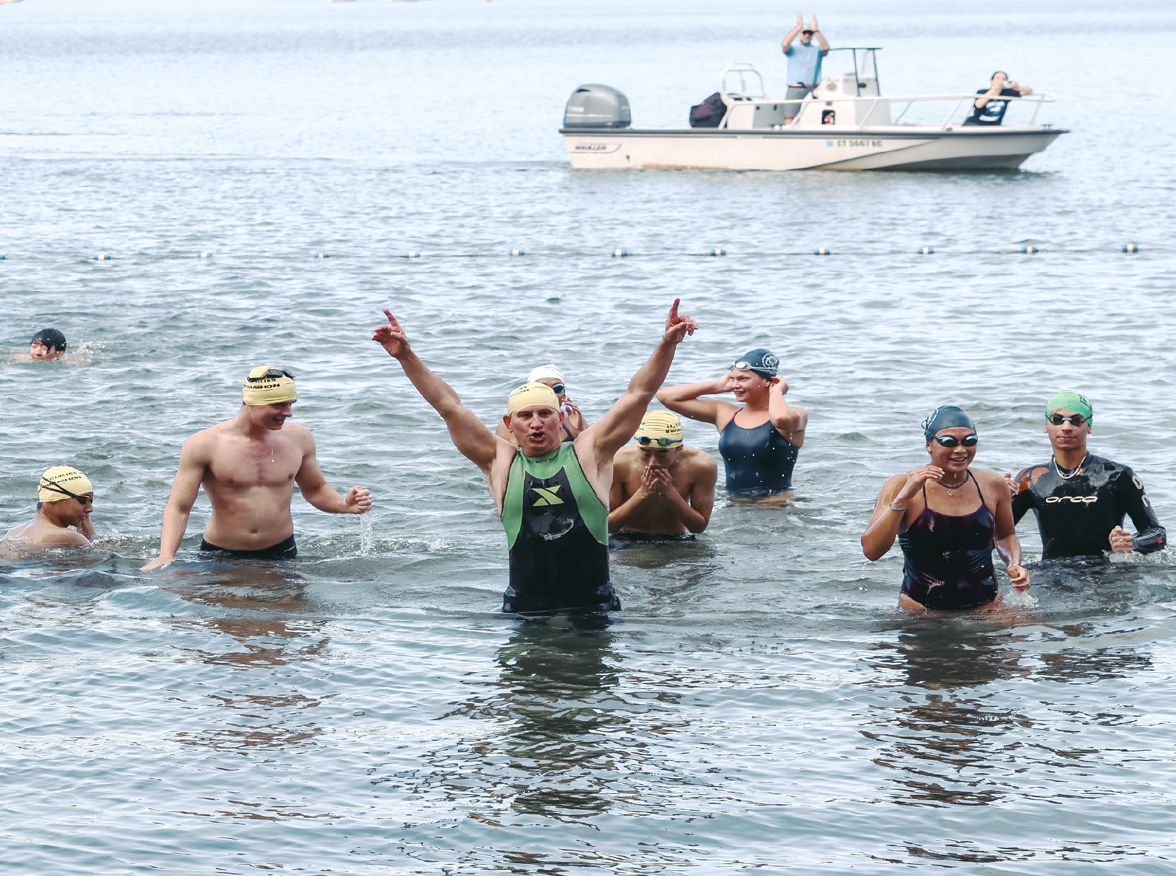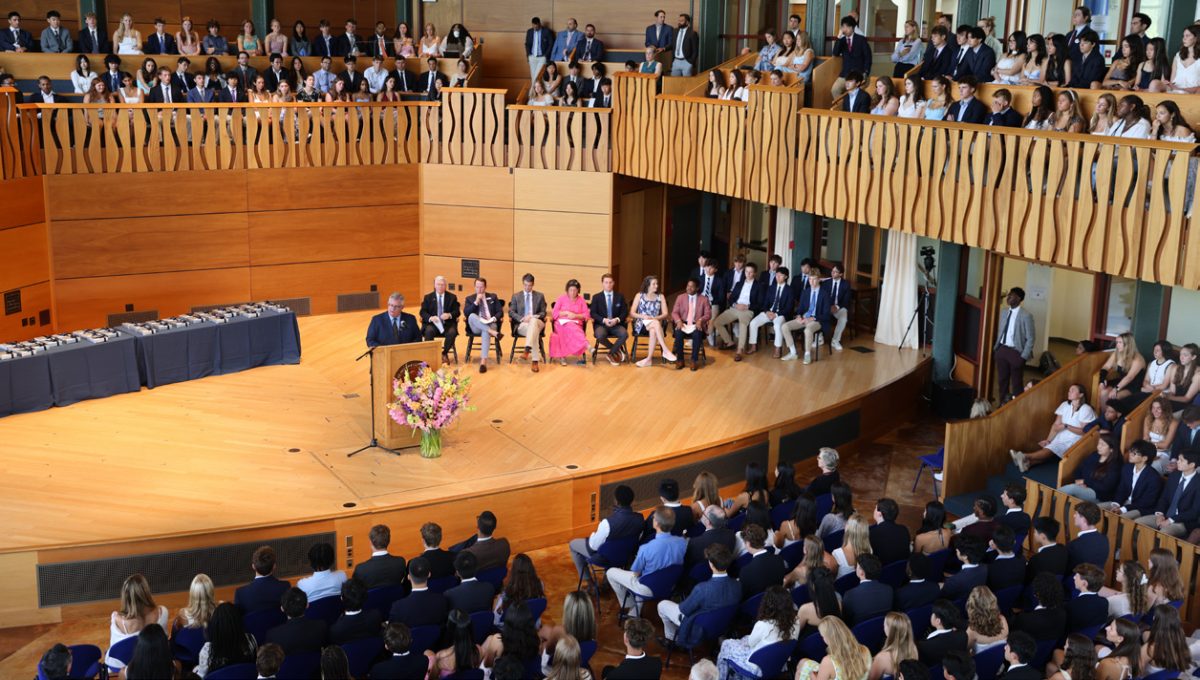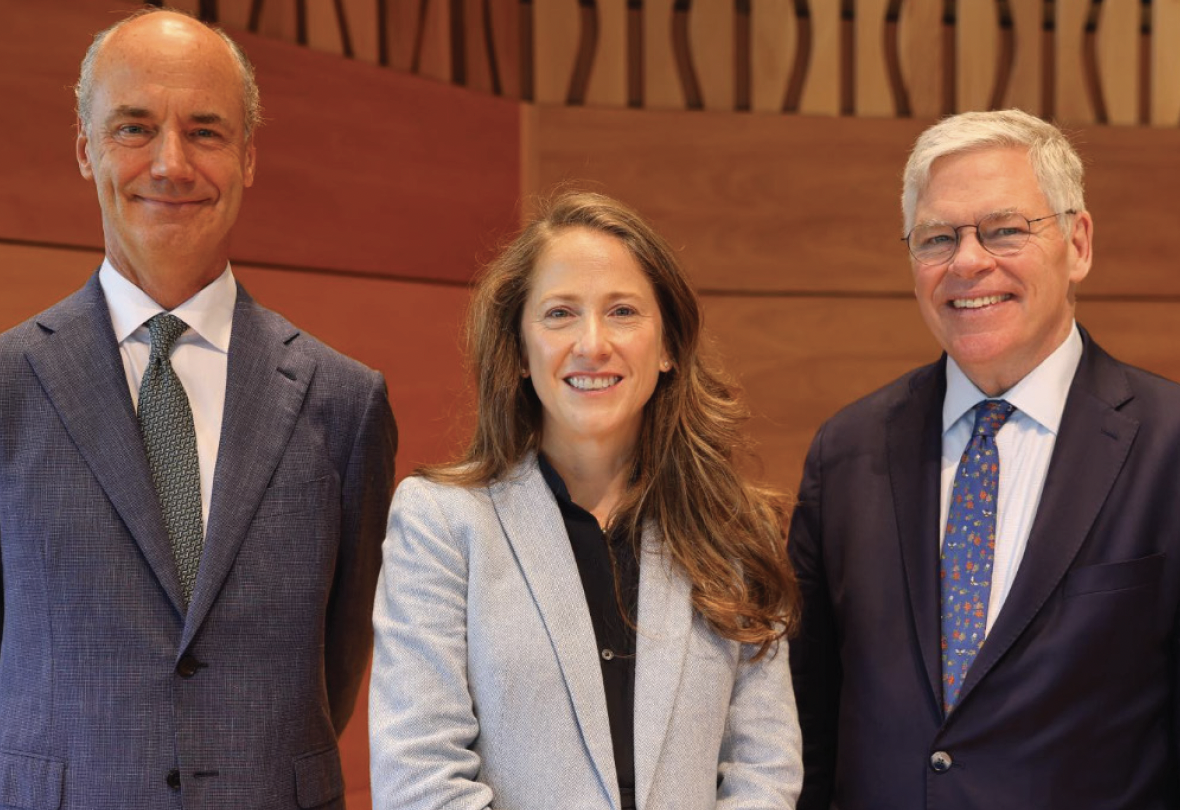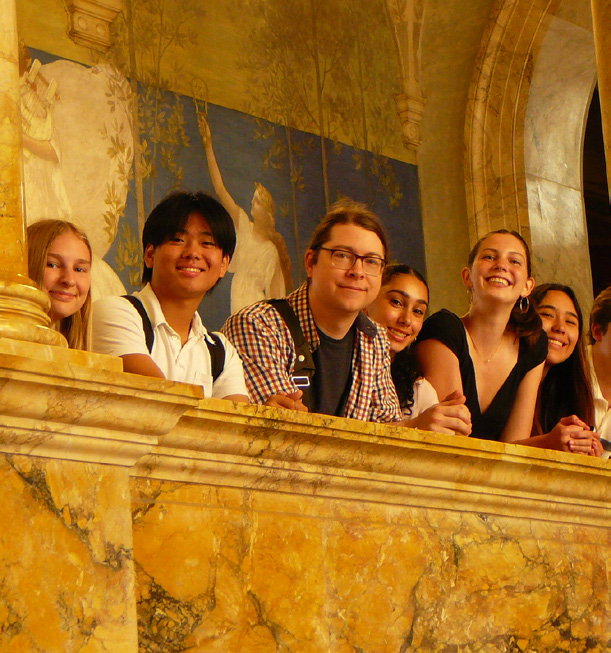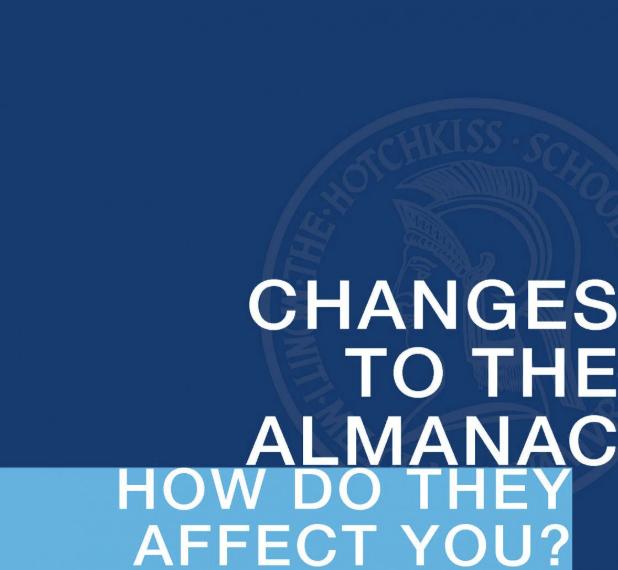On February 6, two devastating earthquakes of 7.8 and 7.5 magnitude struck South Eastern Turkey and North Western Syria, respectively. The earthquake’s epicenter was in the city of Kahramanmaras and caused intense quakes in surrounding provinces and cities — including Hatay, Osmaniye, Adiyaman, Gaziantep, Sanliurfa, Diyarbakir, Malatya, Kilis, and Adana — resulting in major damages and injuries.
On February 24, Reuters reported that the death toll from the earthquakes that hit Turkey and Syria on February 6 has surpassed 50,000 — 44,000 in Turkey and 6,000 in Syria. 56,080 buildings in Turkey and Syria, including hospitals, schools, shopping centers, and government buildings, have collapsed, and many more have become uninhabitable.
Following the devastating earthquake, smaller magnitude earthquakes known as aftershocks, were recorded in Turkey. According to the Disaster and Emergency Management Presidency of Turkey (AFAD), over 7,000 aftershocks have been recorded after the initial earthquake two weeks ago. The latest aftershock, recorded on February 21, had a magnitude of 6.3, killed at least eight people, and injured more than 200.
International rescue workers have played a vital role in assisting those in the region. According to Winston Chang, a U.N. disaster response coordinator who helped oversee the effort, nearly 12,000 rescue workers from 88 countries were deployed to Turkey and Syria. However, as efforts transition from search and rescue to search and recover, and the possibility of finding survivors diminishes, many of those international rescue crews have already left, even as Turkey and Syria continue to cope with the aftermath of the disaster.
The earthquake is expected to take a toll on Turkey’s economy, with estimates from the Turkish Business Group suggesting a loss of over $80 billion, or about 10% of the country’s GDP. As Turkey grapples with the disaster’s aftermath , international aid and support will be crucial in helping the country and its people rebuild and recover. Aid contributions have included $1.78 billion from the World Bank, $185 million from the United States, and $100 million from the United Arab Emirates.
After the devastating 7.5-magnitude quake, which has claimed over 5,800 lives in Syria alone, the war-torn country is struggling to respond. Political conflicts, EU and U.S. sanctions, and instability in northwest Syria, where the earthquake hit, has made it particularly difficult to conduct relief efforts, leaving many Syrians alone as they struggle to recover. The United Nations has recently announced a $397 million humanitarian appeal to aid them.
New York native Zehra Nur Karaoglu, who lost her brother, sister-in-law, and three nephews in the recent earthquake in Kahramanmaras, Turkey, has spoken out about the dire situation, highlighting the urgent need for aid and assistance. She said, “The situation in Turkey is worse than it seems on media and TV outlets. Many people lost their loved ones and homes, and are in need of basic living supplies such as tents, blankets, heaters, food, and medical supplies.”
In the wake of the earthquakes, students and faculties have expressed sympathy and concerns for the survivors. Jeffrey Lin ’25 and Maadhavan Prasanna ’25 were the first to inform the Hotchkiss community about the earthquake via an all-school email on February 15. Lin ’25 said, “We ought to give a helping hand to the less fortunate, those afflicted by unfortunate natural disasters, those who do not have access to even the most basic necessities that many of us take for granted, and those who are struggling to carry on with their lives because they have lost their home and possessions.”
Ms. Janan Alexandra, instructor in English, highlighted the rich history and culture of Turkey and Syria, referring to them as “the cradle of civilization.” Ms. Alexandra emphasized the importance of supporting those affected by the disasters. She said, “We are beholden to one another and to our human and non-human kin in Turkey & Syria.”
Daphne Khayatt ’25 said, “The Middle East may seem very far away, but there are so many students at Hotchkiss whose lives are directly impacted by the events happening there. We all should be educating ourselves and seeing what we can do to help.”
Students are organizing on-campus events, such as the sale of traditional Turkish baklava and jewelry, to raise funds for relief efforts. The money raised will be donated to charities providing relief and support to those affected by the earthquakes.
Students have launched the “Hotchkiss Turkey and Syria Earthquake Relief Fund” on GoFundMe to provide relief to the survivors of the earthquakes. As of February 26, 2023, the page has raised $1,511.

